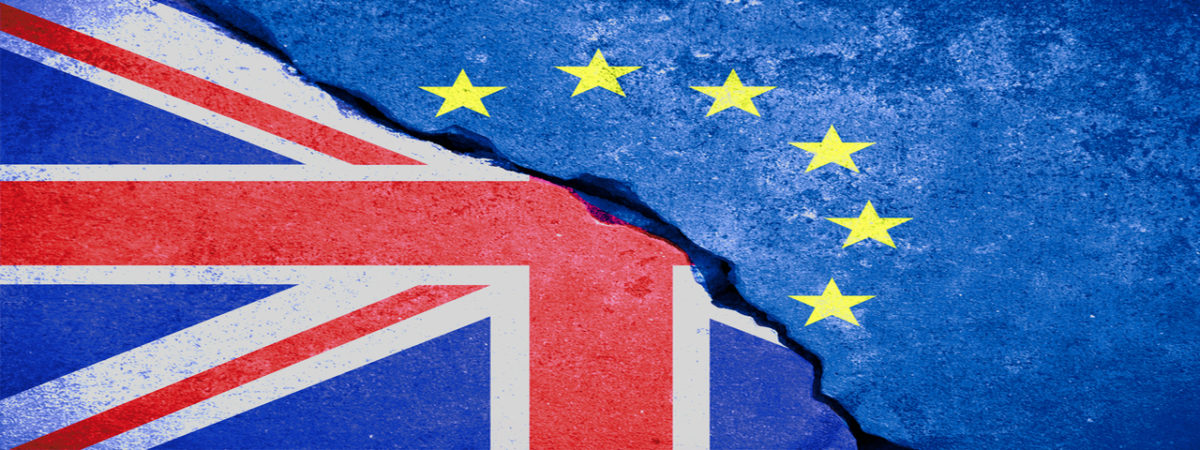Opening up tax returns to public scrutiny: business, liberty and civility will suffer
SUGGESTED



Predictably, several virtue-signalling politicians have already followed David Cameron’s example. Most Cabinet ministers and Opposition front-benchers, responding to the Jacobin mood, will probably feel compelled to do the same.
But this is just the beginning.
Already Cameron’s records have opened up further questions about his assets (no direct concern of HMRC), his wife’s income, gifts from his mother, and so on. Definitive conclusions about an individual politician’s financial affairs will now require a broad spread of family members – parents, siblings, in-laws, adult children – to forego their own privacy.
This won’t stop with politicians. Business leaders will be under pressure to reveal all, as will media figures and celebrities. It is then too easy a step to complete Scandinavian-style openness, with all citizens having their tax affairs (including asset positions, as in Norway) revealed to public gaze. Such disparate commentators as Polly Toynbee and Daniel Hannan are already suggesting this: expect a snowball effect over time. After all, the trope goes, if you oppose openness, you must have something to hide.
The gains will surely be limited. I doubt whether opening tax returns is going to uncover widespread corruption among our political elite. It won’t bring in vastly increased tax revenue: even if some are shamed into coughing up more, there are too few seriously rich individuals to make much of an impact on the UK’s fiscal position. But HMRC, under political pressure, will begin to think about further convoluted rules to narrow the scope for perceived “unfairness” in tax.
It will certainly make it more difficult for politicians to devise sensible tax policies when there is any suggestion that they or their families will benefit. By focusing still more attention on the complex issue of inequality, as this process must, we risk signing up to a wider range of badly-targeted policies – we’ve already had the National Living Wage and raids on pension funds – as governments attempt to score a fruit-fly’s span of advantage over the Opposition.
It will open firms up to further attacks from pressure groups and trade unions. And if everybody’s records are open, it will add to the difficulties of managing staff. For example, bringing in new people from outside usually involves paying extra to attract them away from their present job and to compensate for moving their families. This can, at least for a time, upset relativities within the business. With total openness, this will lead to unhappiness among existing staff, and unjustified demands for pay hikes. Managers may baulk and reduce external hires.
So no gain in economic performance. More fundamentally, a little more personal freedom will disappear. We may have greater incivility in public and private life: the Prime Minister’s travails seem certain to drag individuals and their usually blameless families into the bullying Twittersphere of envy, innuendo and sneers, and to deter good people from entering politics. Altogether a poor legacy from the Cameron years.
Prof Len Shackleton is a Visiting Fellow at the IEA, and professor of economics at the University of Buckingham. A shorter version of this article was first published in City AM.
2 thoughts on “Opening up tax returns to public scrutiny: business, liberty and civility will suffer”
Comments are closed.





I would normally have a huge amount of sympathy for the typical positions the IEA takes towards issues, particularly on tax affairs.
I’ll admit, it distresses me to find myself agreeing with Polly Toynbee, but I think her call for fully open and public tax returns is an intelligent, if radical proposal. Her argument centres around transparency, but I think it goes deeper than that. Britain seems to have a culture of secrecy around individual financial and tax affairs. It’s considered impolite to ask someone how much they earn and perhaps for good reason, so many of us tend to make immediate judgement about others (positive and negative) based on someones pay cheque. However, there remains an obsession (especially within businesses) to gossip and estimate how much someone is on. This culture is what I think drives this fear and fixation with financial privacy.
If, however, we adopted a system whereby you could freely look up your neighbors financial situation and see what your boss is making it may just start to deconstruct this obsession. It would take time – and there would be a vast amount of tabloid press and, no doubt, family argument but it would calm down. And perhaps people would eventually stop judging each other through pay packet gossip and start focusing on what they’re doing to earn that money and the value they add to society.
It is rather naive to assume that an income tax return gives an accurate picture of a tax dodger’s income. I believe the best way to get trustworthy public officials is to trust them. There may be the occasional bad egg, but that is a price well worth paying. As has been pointed out, the financial affairs of some of our greatest prime ministers would hardly survive close scrutiny. In a free country, privacy is not an optional extra — it is fundamental.